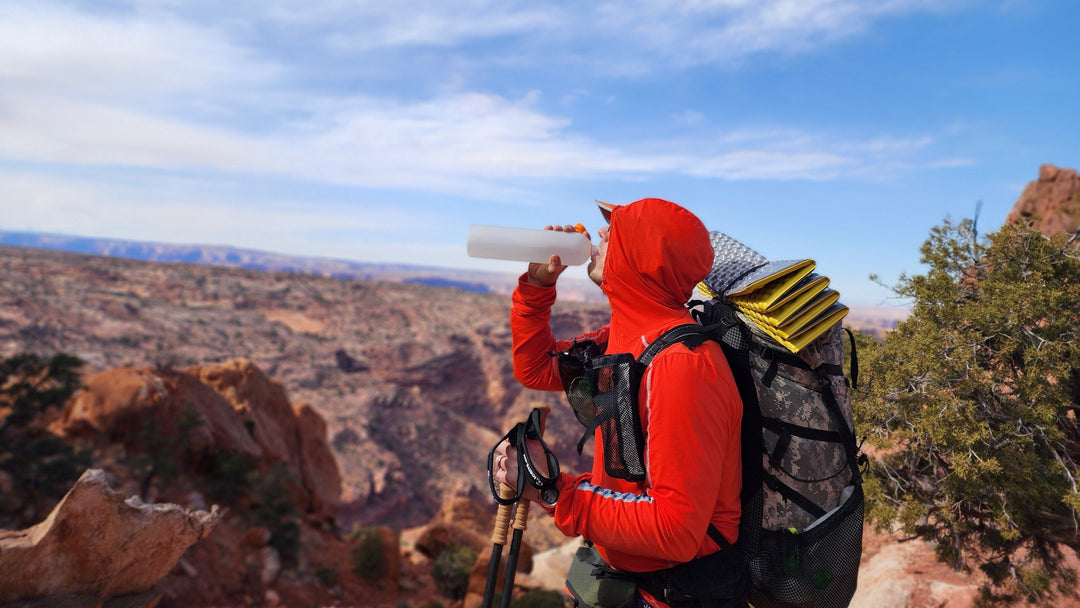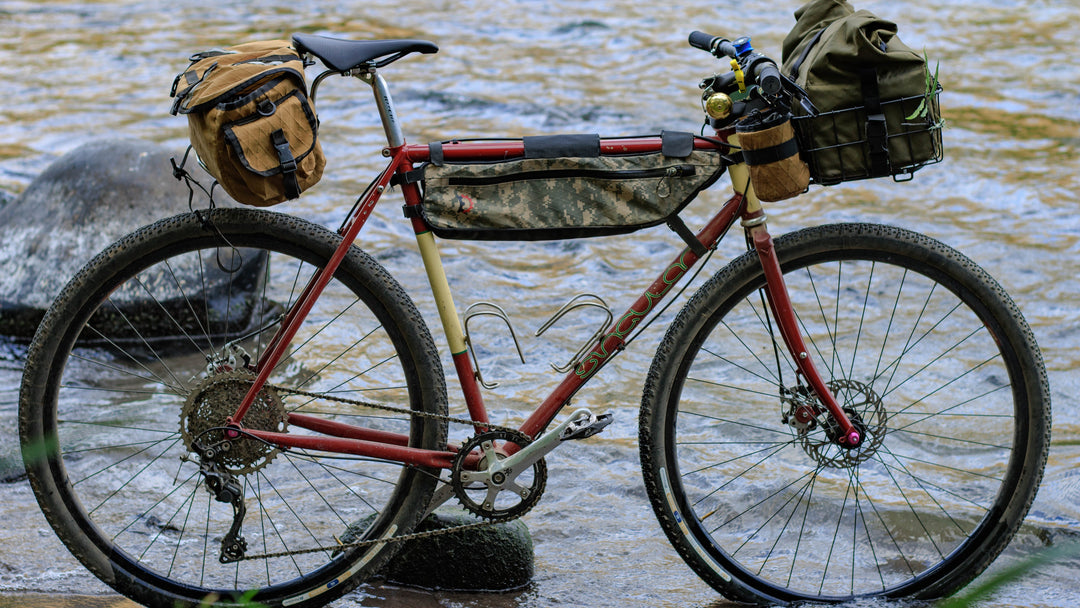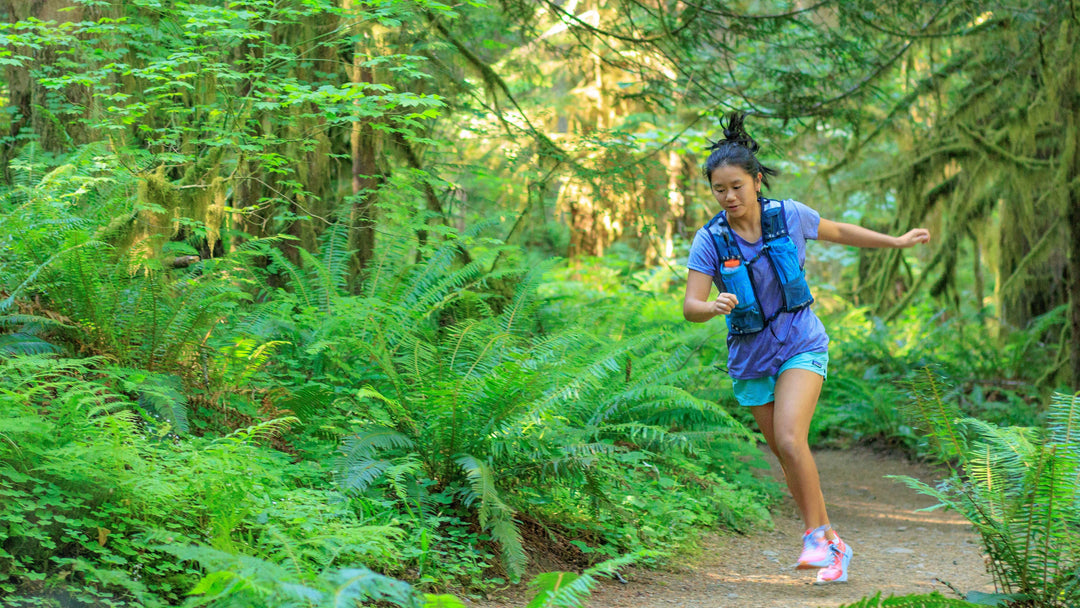Reasons Why You Need a Water Filter When Camping

When you're backpacking or camping, it's essential to have drinkable water. It doesn't matter if you're taking a short hike or staying a few days in the wilderness. Either way, you're going to need clean water for a variety of reasons. During an average camping trip, one person uses approximately 2 gallons of water daily for drinking, cooking, and sanitation.
You should never drink directly from a river or stream, no matter how clean or clear the water looks. Water flowing through rivers and streams can often be contaminated and have dangerous pathogens that can cause serious illnesses. However, if you pack a water filter, you can filter the water for drinking, cooking, and other purposes.
Filtering water protects you, your family, and your pets from water-borne illnesses like E. coli. It also kills off bacteria and other contaminants that can cause severe infection. Let's take a closer look at why you need a water filter when camping.
Drinking Water

Hiking and camping can be strenuous, so staying hydrated is important. Be sure to drink plenty of water before, during, and after your trip to help keep your body regulated. While you're out on your adventure, you may encounter a lake, river, or stream that looks so clear that you could drink the water. But looks can be deceiving, so always filter the water before you drink it. Water filters are designed to remove microscopic parasites and bacteria from the water, so it is no longer harmful for human consumption.
Cooking Food

If you want to cook food on your trip, always remember to use clean water. In the wilderness, there are a couple of ways to accomplish this. First, you can use a water filter to remove any water contamination safely. This is the most reliable way to clean your water because filters are designed to remove 100 percent of all bacteria and parasites from the water. Another approach is to boil your water over a camp stove before using it. This old-and-reliable method has been used for generations to kill off bacteria in the water. Boiling water has been proven to kill bacteria. Boiling your water for at least a minute before using it is effective, but not as much as using a filter. Boiled water can still have remnants of bacteria, bugs, dirt, grass, or parasites, so it's best to filter the water anyway after you boil it. Using a water filter is quicker. Plus, you must wait for the water to cool in many instances, and if you need colder water, you'll be waiting for a while. Boiling water is also more labor intensive, and there is a bit of cleanup afterward.
Cleaning and Hygiene

If you want to splash some cool water on your face while hiking, it's best to use clean, filtered water rather than dipping your hands or face into a lake, stream, or river. It's also important to wash your hands with clean water before cooking or eating. Transmission of pathogens by hand to mouth is one of the most common ways people get ill in the wilderness. You should always wash your hands with filtered water before and after handling food. Using filtered water to clean your dishes is also a smart idea. (After cleaning, let your dishes sit in the sun to completely dry.) You don't want to risk getting bacteria on your dishes, silverware, and drinking utensils.
Want to wash more than your hands? Then you're going to need more clean water. Never brush your teeth with unfiltered water. Don't clean wounds like cuts or scrapes with water from an unreliable source. Always use filtered water.
Water for Pets and Kids

Tell your kids never to drink from a lake, river, or stream. If you're taking little ones on a hike or an overnight camping trip, ensure they have adequate water for drinking and cleaning up. (Remember, kids can be messy!) It's essential to take the time to explain to children why we shouldn't drink from an unreliable water source. In many cases, it's safe to swim in the water (especially if it's a posted swimming spot) – don't drink large amounts of water from it. If you're taking your dog with you, pack a water dish to provide filtered water for drinking. Dogs shouldn't drink from a sketchy water source, but that can also be tough to control if your pet is not on a leash. Always keep your pup on a leash if you're near a contaminated water source. If you're in an area that doesn't require a leash, the water is more than likely safe for your canine – but it doesn't hurt to do a little research yourself to put your mind at ease.
Picking the Best Water Filter

There are a few different kinds of water filters for hiking and camping. Many filters use gravity to clean the water for you in bulk, so it's quick and easy. Some gravity filters have containers that can hold multiple liters of water, so you're not constantly stopping to refill. Here's what to look for in a quality water filter for backpacking and camping:
Lightweight: You don't want to weigh down your pack, so finding a water filter you can carry that's lightweight is important. The good news is most portable water filters only weigh a few ounces. But remember that any water you filter and take will add weight to your pack.
Collapsible: Along with being lightweight, you want to ensure your water filter fits in your backpack. Most water filters come in a few pieces you easily assemble before use. This allows you to keep it compact in your pack so that it won't waste much space.
Durable: Durability is crucial because you never want your gear to fail you in the wilderness. Always opt for higher-quality equipment when possible, and check your gear before you head out. Cheaper plastic can dry out and crack or break in arid climates.
Ease of Use: It can get frustrating if your gear isn't cooperating, especially after a grueling ride or hike. Some gravity filters can be challenging to handle and mount. Collapsible containers with standard narrow openings can be frustrating to fill. Do your research, and you'll quickly find your likes and dislikes!









Leave a comment